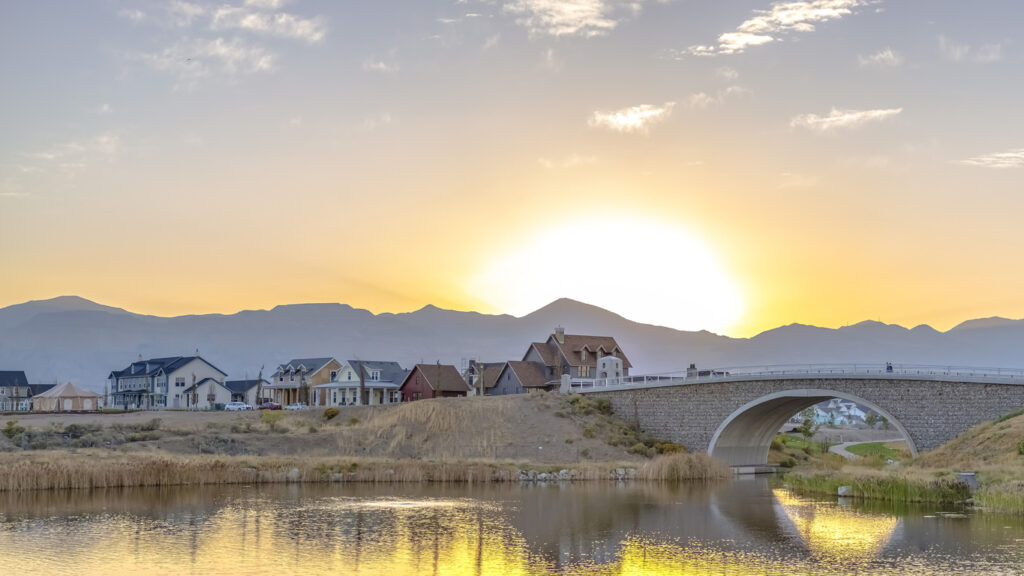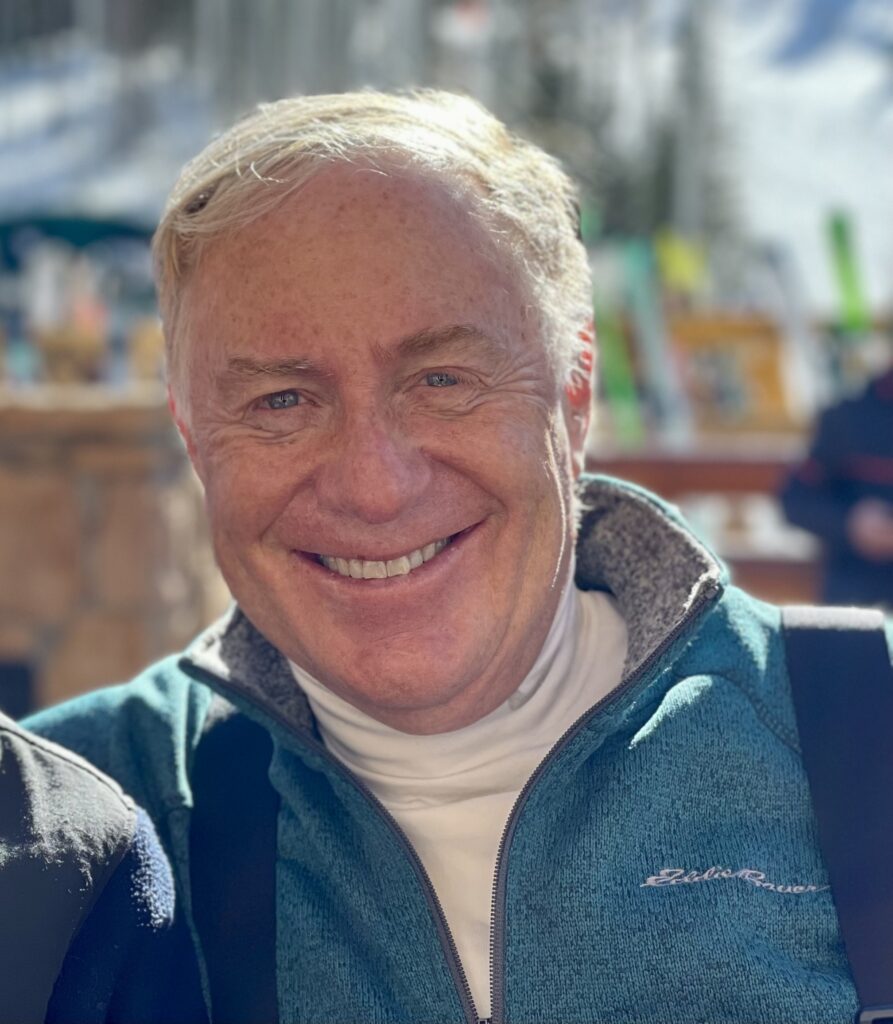Think globally and act locally
As the calendar year winds down, it is perhaps a good time to reflect on our current climate and environmental challenges. It is necessary to remember that the climate crisis affects all of us; our families, friends and communities. It should not be a red or blue issue or a political lightning rod. The overall health of our communities should be paramount in all executive decisions. People over profit should be the standard.
Despite the many political headwinds the current Administration has placed in our way, good things are still happening. Clean energy provided 93% of all new electricity generation in 2024. Global solar generation grew 31% in the first half of 2025 and wind grew 7.7%. The price of wind, solar and battery storage have all dropped precipitously in recent years. For the first time, solar and wind capacity produced more electricity than coal. The U.S. now has enough solar, wind and energy storage capacity to power 80 million homes. Many argue that market conditions should determine our energy future. If that is to happen, renewables are that much more enticing.

Enough solar energy reaches the earth every hour to fill all the world’s energy needs for a full year. Globally, wind could supply worldwide energy consumption 40 times over. Investments in renewables and energy efficiency create three times more jobs, on average, than investments in fossil fuels.

Despite these advancements on a global level, Utah officials seem persistent in continuing their love affair with the oil and gas industry. They continue to push the Uinta Basin Railway, aimed at quadrupling oil output in that region of the state, and they passed a new tax on wind and solar energy generation facilities.
While we push for Utah to align itself with the climate goals of more conscientious regions, we’re seeing the impacts of climate change on a local level. Although upstream diversions play a major role in the shrinking of Great Salt Lake, the climate crisis has a role as well. The warmer, drier climate is also bringing longer and more dramatic wildfire seasons across the west.
UPHE worked with Utah River Council to produce the most comprehensive analysis so far on what pollutants are embedded in Great Salt Lake dust, and the potential health impactsThe lakebed has a plethora of toxic pollutants like heavy metals (arsenic, cadmium, lead, copper, mercury), PFAS chemicals, nanoparticles and microorganisms. Exposing innocent downwind communities to this toxic brew is an enormous public health disaster in the making. We, with our dedicated partners, are suing the State (as the Trustee) for its fiduciary responsibility to maintain and protect the Lake for the benefit of the public. The State tried to have the case dismissed, unsuccessfully.

Significant challenges on a federal level remain as the current administration has backpedaled on many crucial climate and energy policies. The current iteration of the EPA is trying to reverse the 2009 Endangerment finding, which would make it easier to roll back many climate regulations. The Administration wants to repeal limits on greenhouse emissions and airborne pollutants from fossil fuel fired power plants. They also want to open vast areas of US land, including here in Utah, and coastal ocean regions for increased oil and gas exploration and drilling.
At the same time, the Administration is dismantling federal support for renewable projects; even halting construction when they are close to completion. Tax incentives for such projects are being pulled as are tax incentives and credits for EVs and home energy projects (solar panels, heat pumps, induction ovens). The Administration has also slashed federal support for climate science and removed science data from federal websites. And despite climate disasters becoming more frequent, intense and costly, the Administration has cancelled billions of dollars in grants to the FEMA.
What’s worse, is that some of the representatives of our state are in support of this incredibly irresponsible and in some cases irreversible walk back of progress. That’s why supporting groups fighting for real change, like UPHE, has never been more important.
Research has shown that focusing on the negative causes individuals to retreat and disengage. Luckily, action is the antidote to despair. It is vital to understand that you are not alone. While it’s important to be knowledgeable and think globally, it is crucial to act locally.
75% of registered voters want federal agencies to maintain or increase their efforts to protect people from the health harms of global warming. 57% of Americans believe global warming is harming the US right now. 74% of Americans support a US role in global efforts to address climate change.
If you’re concerned, ask questions. Do the research. Get the facts. Share that information with your family and friends. Be proactive. Vote like your world depends on it. Because, as our former Vice President Al Gore points out, “your world does depend on it”. In closing, let me reference a poignant Native American Proverb, “We do not inherit the earth from our ancestors, we borrow it from our children”
As you reflect on the year and the work ahead, we hope you’ll continue standing with us in this fight. UPHE is a small nonprofit taking on enormous challenges, and every action we take is powered by people like you who care deeply about Utah’s health and future. If you’re in a position to do so, a year-end contribution, of any size, helps us keep pushing forward with science, advocacy, and unwavering hope.
Sign the petition and send a message to our legislators to protect Great Salt Lake.

Mark Goldfarb, M.D.
UPHE Climate Ambassador
